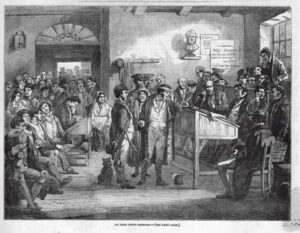Unjust enrichment and state aids
EU law update
from the Irish Times Mon, Aug 27, 2012
THE EUROPEAN Commission has published a “reasoned decision” including an order for Ireland to take steps to recover exchequer funds obtained unlawfully by Aer Lingus, Aer Arann and Ryanair. It found the Irish air carriers had received an unlawful selective benefit by virtue of the two-tier structure of the Government’s “air travel tax” from March 2009 to March 2011.
A €10 levy applied to all passenger flights save for those to destinations less than 300km from Dublin Airport, which incurred a €2 levy. The lower tax was found to be an unlawful waiver of tax revenue for domestic airlines, so the exchequer must now recover the €8 difference for each flight.
The Commission decision will be here; meantime, the press release is here.




